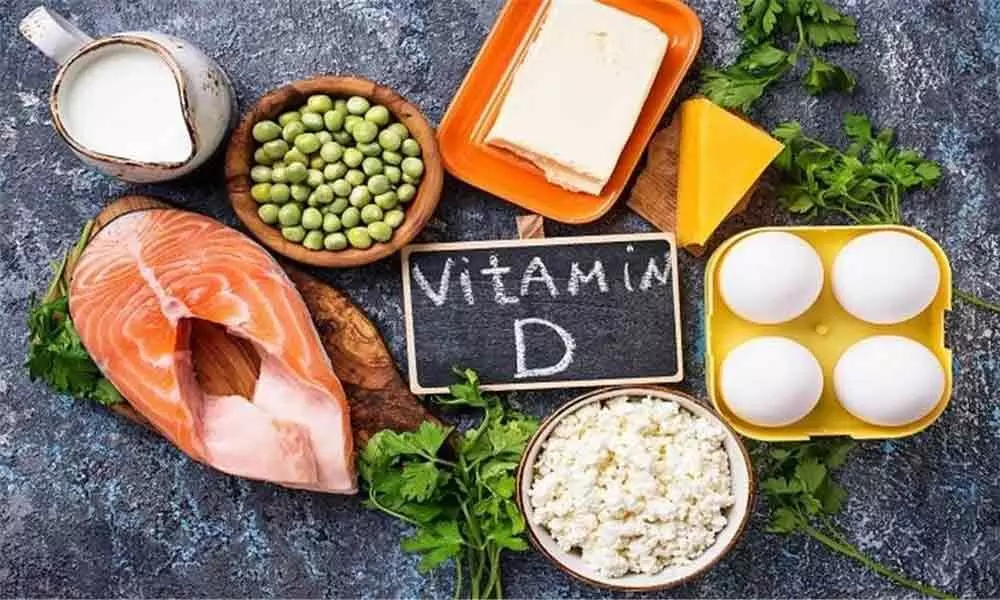Vitamin D plays a key role in maintaining our health, influencing everything from our immune system to bone strength. Despite its importance, many people do not get enough vitamin D through diet and sunlight. Vitamin D deficiency is a common issue worldwide and can lead to serious health complications if left unchecked. Vitamin D is also known as the “sunshine vitamin” as your skin produces it when exposed to sunlight. But what exactly makes it so important? Let’s explore why vitamin D is essential for your health and ways you can ensure you get enough of it in your daily routine.
What is vitamin D and why does it matter?
Vitamin D is unique. Unlike many vitamins, your body can create it when sunlight hits your skin. Think of it as your body’s natural way of charging a battery. Vitamin D is a fat-soluble vitamin that plays a pivotal role in many bodily functions. It helps your body absorb calcium, which is crucial for strong bones. It contributes to immune function and plays a role in mood regulation too. Not having enough vitamin D can lead to health issues like osteoporosis and even depression. It’s vital for keeping your mind and body in top shape. Excessive vitamin D intake can lead to high calcium levels, resulting in symptoms such as nausea, vomiting, and kidney problems. That’s why it’s crucial to consult with a healthcare provider before starting a Supplement First vitamin D supplementation regimen.
How Do You Get Enough Vitamin D?
Embrace the sunlight
The simplest way to boost your vitamin D is to soak up some sun. Just 10 to 30 minutes of sun exposure on your skin a few times a week can be enough, depending on your skin tone, where you live, and the time of year. Remember, too much sun can lead to skin problems, so balance is key.

Food sources of vitamin D
In addition to sunlight, certain foods provide vitamin D, though the options are relatively limited. Foods rich in vitamin D include fatty fish like mackerel and salmon, egg yolks, cheese, and fortified foods like cereals and dairy products. Other foods like fortified milk, orange juice, and cereals can also help increase your intake. Think of these foods as little vitamin D boosters for your meals.
Consider taking supplements
Sometimes, it’s tough to get enough vitamin D from sunlight and food alone, especially in colder climates. That’s where supplements come in. They can be a practical way to ensure you’re hitting the right levels. Just like taking a daily multivitamin, a vitamin D supplement can help fill any gaps in your diet. It’s important to note that while vitamin D is essential for health, too much of it can cause toxicity. Excessive vitamin D intake can lead to high calcium levels, resulting in symptoms such as nausea, vomiting, and kidney problems. That’s why it’s crucial to consult with a healthcare provider before starting a vitamin D supplementation regimen.
Vitamin D is more than just a vitamin; it’s a crucial player in your overall health. By soaking in the sun, enjoying vitamin D-rich foods, or using supplements, you can keep your levels up. This way, you can ensure your body gets the amount it needs.


